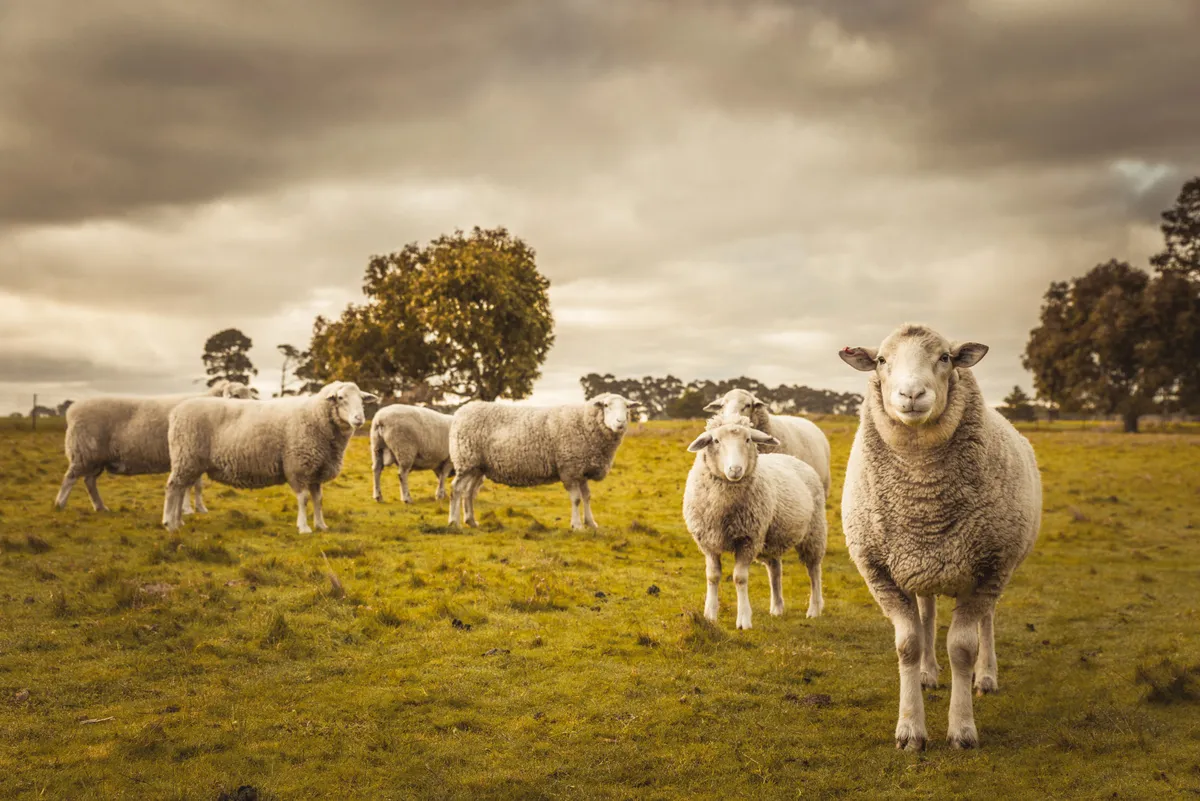You may watch Adam Henson on Countryfile every Sunday night and romanticise about a career on a real working farm. But with land at record prices, it can seem like an impossible dream for those considering a farming career.
The problem is largely one of money. In February 2015, the average cost of an acre reached a record £10,067 – for many in the financial world, land has become a safe investment after the recession, and prices have rocketed. It seems that the only people who can afford land are those who already have land, a grim fact for those looking to join the industry. The problem is only increased for young people, with just 2.8% of farmers under the age of 35. The average age of a farm owner is 58, and many farmers do not retire until they reach their eighties, or even nineties, meaning jobs or farms are scarce.
Statistics from 2013 showed the average weekly earnings in agriculture were just £364, putting it among the lowest paid industries in the UK. County council farms, established in the 1890s, have long been the perfect opportunity for young farmers, with or without experience, to get the first step on the career ladder at a low cost. But budget cuts have forced many councils to sell off farms.

With capital costs so great, most farmers come from a farming family, and inherit their land, but that doesn’t mean things are easy for them. Many farmers’ children have no alternative but to work alongside their parents or grandparents, essentially as farm labourers, until the older generation retire. Farmers with multiple children might have tricky decisions over succession – what if all the children, or none, want to take on the farm?
Luckily it’s not all doom and gloom. The government’s 2013 Future of Farming Review encouraged young people who want to farm to “explore other entry routes besides owning their own business”. Internships and apprenticeships are becomingly increasingly more common as large businesses recognise the need to invest in the future of farming. Farm managerial qualifications often lead to roles on big estates, which promise a competitive salary and often include accommodation with the job. Some of today’s most successful farmers are those who have diversified and the rise of the farm shop has been driven by public demand for fresh British produce.
Farming can be an exciting business career. With the right attitude and a few entrepreneurial skills, farmers can become successful businessmen and women and thrive in the industry. Gareth Barlow, who started his own farm from scratch at seventeen and now works in TV and radio, told the BBC, “you’re a businessman first, then a farmer”. Below we have outlined just a few of the opportunities on offer to young people interested in a farming career. It might still be a hard profession to get into to, but it’s not impossible.
Still think farming is for you? Here are some useful resources:
Bright Crop is a website that aims to break down misunderstandings about the farming industry. It includes profiles of real people involved in a wide variety of agricultural careers and aims to show young people how diverse and rewarding the profession can be.
EDGE Careers is an east of England initiative aimed at developing the skills of young people by linking them to employers or training schemes so that they can effectively move into the farming business.
The Progressive Young Farmer Training Programme was launched by McDonalds and gives agricultural students a 12-month placement, where they learn everything about the supply chain, from farm to abattoir to restaurant.
The National Trust is the UK’s biggest farmer and they are always looking for staff to manage their farms. They advertise new farms to let on their website and are currently looking for a tenant for a 40 hectare farm on the Exe Estuary with a four bedroom farmhouse included.
The Future Growers Scheme tries to match enthusiastic growers with organic host farms through a two-year paid internship and essential practical training in production.
